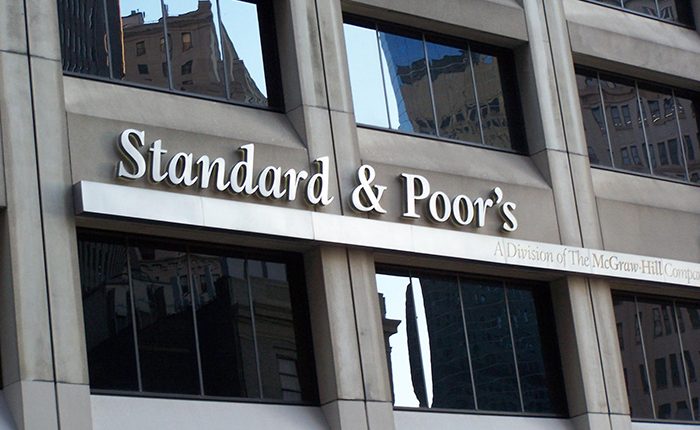NEW YORK — Standard and Poor’s has revised its outlook on the long-term sovereign credit rating on Armenia to positive from stable. Simultaneously, it affirmed the ‘B+’ long-term and ‘B’ short-term sovereign credit ratings on the sovereign.
The positive outlook reflects S&P’s view of improved prospects for Armenia’s economy as well as its fiscal and external position due to positive spillovers from the war in Ukraine. Absent substantial regional geopolitical deterioration, labor and financial inflows from Russia could boost Armenia’s long-term economic growth potential and structurally improve the country’s fiscal and external balance sheets, reducing its vulnerability to shocks.
“Since the outbreak of the war in Ukraine, Armenia has experienced positive spillovers in the form of large labor and capital inflows from Russia. Given deep economic and cultural ties, and strong travel links, Armenia has emerged as one of the key destinations for Russian individuals and businesses trying to escape domestic political risks and the adverse effects of international sanctions. In turn, migrant inflows have boosted economic growth to double digits (estimated at about 12.6% in real terms in 2022) and narrowed Armenia’s persistent twin deficits. This has also resulted in the appreciation of the Armenian dram against the U.S. dollar by almost 18% over the past year, significantly reducing external and governmental debt stocks in USD terms, and partly mitigating price pressures. Unlike other countries, Armenia is insulated from the global energy price shock due to long-term gas contracts with Russia, with prices fixed well below the spot market,” Standard and Poor’s says
The credit rating agency considers it is unlikely there will be a sharp reversal in financial and labor inflows to Armenia in the next 12 months. “Barring extreme scenarios, including the new direct military conflict with Azerbaijan, Armenia’s near-term economic growth prospects are set to stay robust at roughly 4% per year in real terms, and its external and governmental balance sheets to remain stronger than before the war.”
“Our ratings on Armenia are constrained by evolving institutional settings, low income levels, weak balance-of-payments and fiscal positions, and its exposure to geopolitical and external security risks. The ratings are supported by Armenia’s strong growth outlook, the availability of external official funding, and a prudent macroeconomic policy framework that has helped preserve economic and financial stability in recent years despite multiple external shocks,” the agency says.










